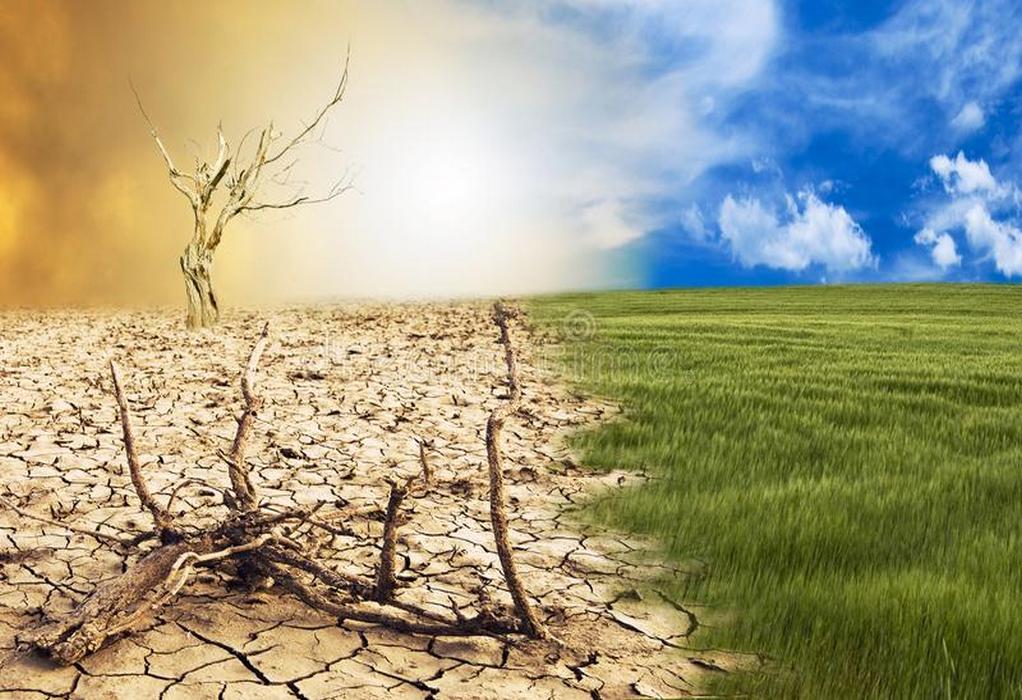Decades of progress in human health and well-being is at risk of backsliding as the as the world warms faster than “at any point in recorded history,” according to a multi-agency report.
The health sector is in need of tailored climate information and services in the face of the challenges posed by increasingly severe weather, deteriorating air quality, emerging infectious diseases, and food and water insecurity, according to a report by the UN World Meteorological Organization (WMO) and World Health Organization (WHO).
The report also quoted WHO chief Tedros Adhanom Ghebreyesus as underlining that, with collaboration, high-quality climate services could be made more accessible to the health sector.
According to the report, nearly three quarters of national meteorological and hydrological services provide climate data to the health sector, while less than a quarter of health ministries have a health surveillance system that utilizes meteorological information to monitor climate-sensitive health risks.
The report projects a total of 560 medium- to large-scale disaster events happening annually by 2030, equivalent to three events every two days.
It forecasts that countries with inadequate early warning systems will experience mortality rates eight times higher than those with larger-scale schemes in place.
“Climate change undermines health determinants and increases pressures on health systems threatening to reverse decades of progress to promote human health and well-being, particularly in the most vulnerable communities,” it said, adding that 50% of future additional deaths due to climate change were projected to occur in Africa.
Stressing that extreme heat causes the “greatest mortality” of all extreme weather, it said heat-related mortality could be 30 times higher than what is currently recorded.
However, heat warning services are provided to health decision makers in only half of the affected countries, the report found.
It said heatwaves exacerbate air pollution, already the fourth leading cause of death and estimated to cause 7 million premature deaths per year.
Food insecurity is another threat that climate change is augmenting, according to the report, as is the spread of many weather-sensitive infectious diseases, such as dengue fever, which is the fastest-spreading vector-borne disease globally.
Also, the transmission period for malaria has extended in certain areas of the world, it noted.
Despite these risks, climate action is still underfinanced in the world, leaving populations exposed to risk, the report also underlined.
“There is insufficient investment to improve the capabilities of the health sector, leaving it ill-prepared to safeguard the most vulnerable,” it warned.
Tags: Climate Change, UN Report, WHO, WMO



Recent Posts
DNV Grants Approval in Principle for New Ammonia Bunkering Vessel Design
Proteus Launches Modular Hydrogen Fuel Cell System for Maritime Sector
Van Oord Unveils Boreas, World’s Largest and Most Sustainable Offshore Wind Installation Vessel
New methanol-fuelled vessel ‘Berlin Maersk’ to enter service
NMPA wins greentech global environment award
CMA CGM in negotiations with Indian shipyards for LNG-powered shipbuilding
L&T to Develop Green Hydrogen and Ammonia Projects in Kandla
Pan Ocean Orders Two Eco-Ready VLCCs from HD Hyundai Heavy Industries